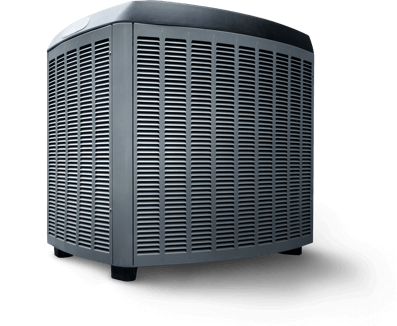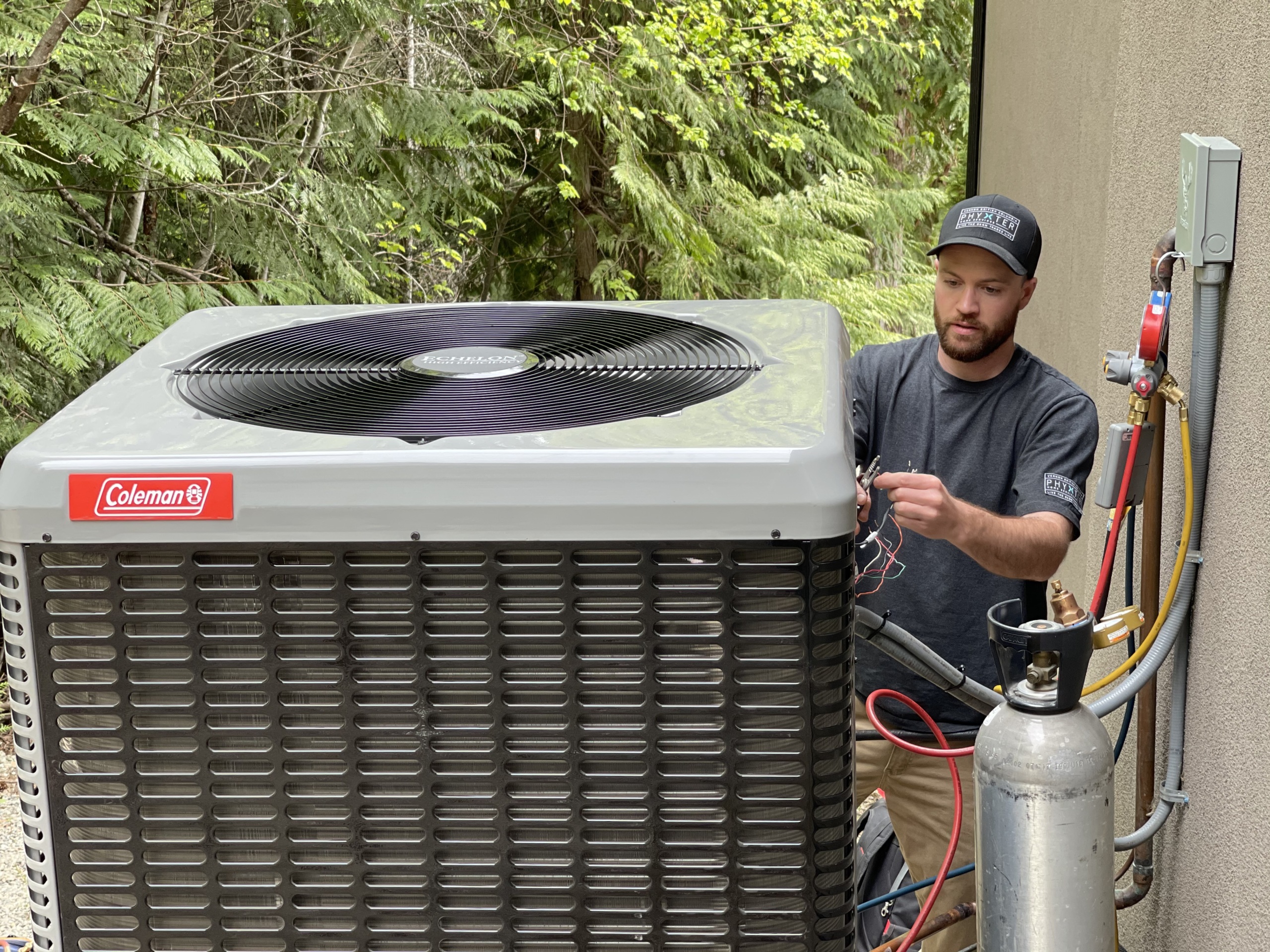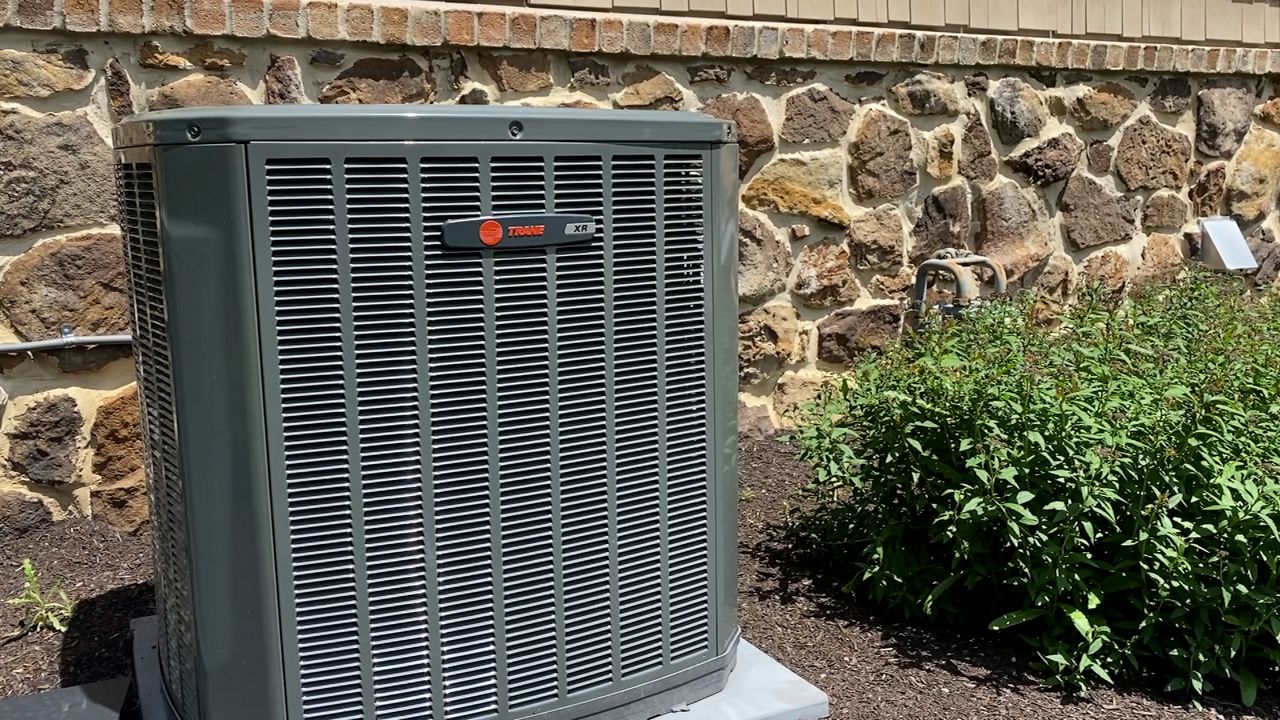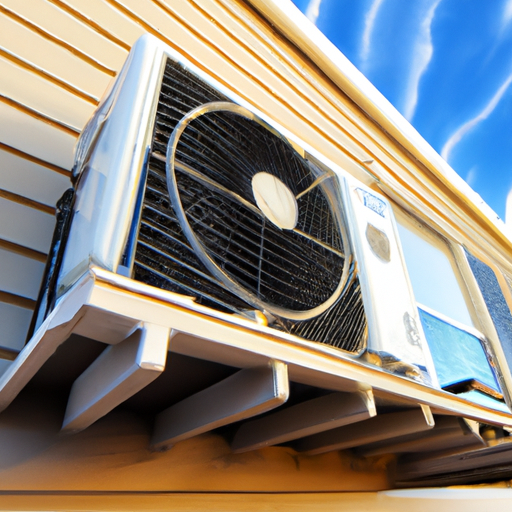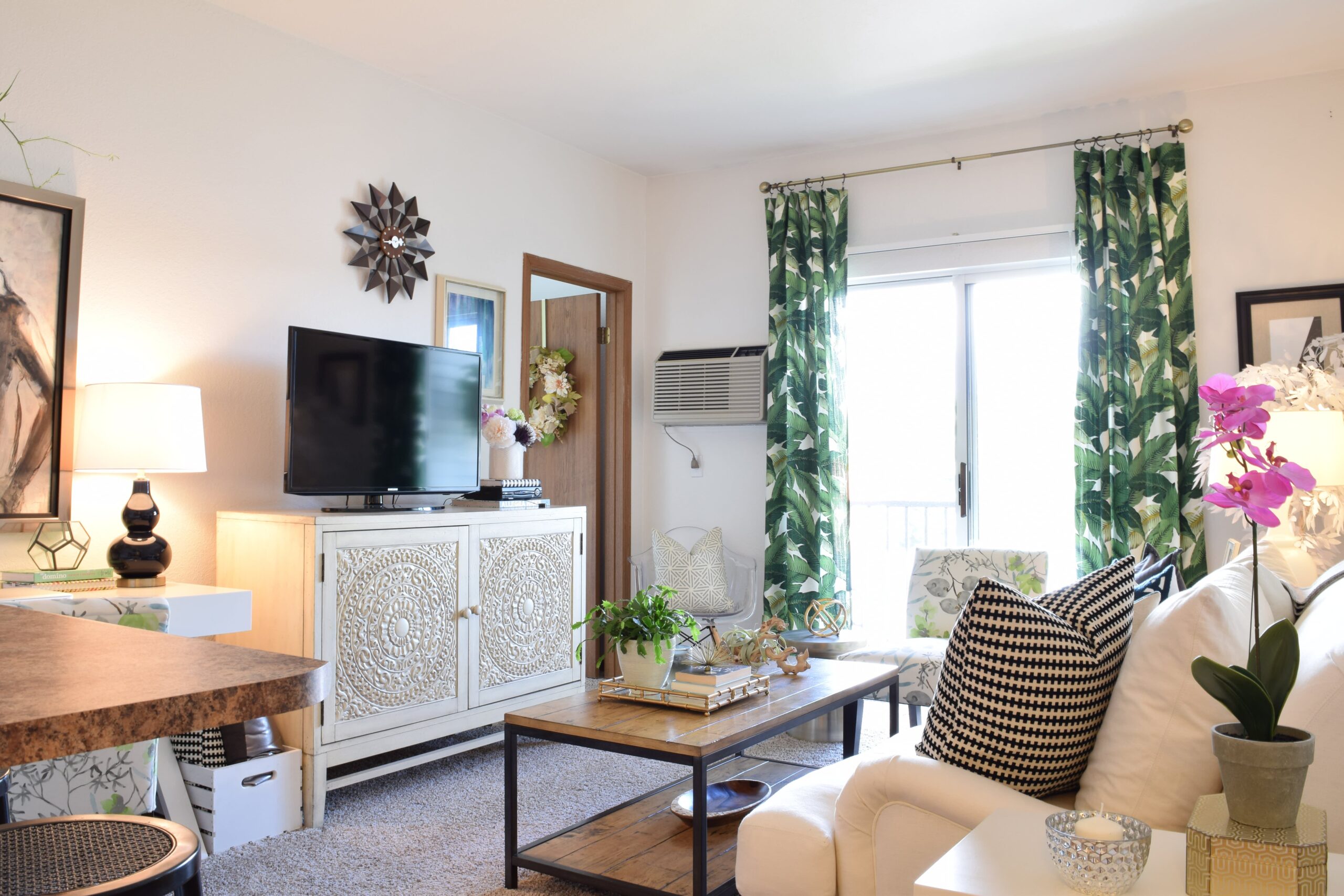If you’re living in Texas, you know all too well the scorching heat that comes with the territory. With temperatures soaring to unbearable levels, finding relief and staying cool becomes a top priority. So, what’s the secret to surviving the Texas heat? It all starts with finding the best AC unit that can handle the job. In this article, we’ll explore the different options available and help you make an informed decision on the perfect AC unit to keep you cool and comfortable during those hot summer months. Stay tuned for some valuable insights that will make your search for the ideal AC unit a breeze.
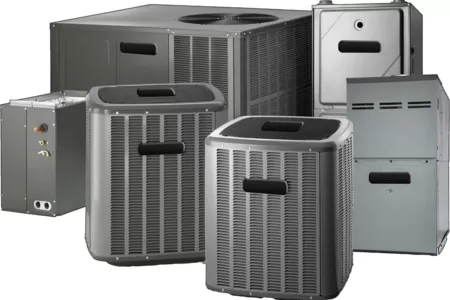
Factors to Consider
Size of the Area
When it comes to choosing the best AC unit for the Texas heat, the size of the area you need to cool plays a crucial role. If you have a small room or apartment, a portable air conditioner or window unit might be sufficient. However, for larger spaces or whole-house cooling, a central air conditioner or ductless mini-split system may be more appropriate.
Energy Efficiency
Energy efficiency is an important factor to consider when selecting an AC unit for the Texas heat. With hot summers that can last for months, you want to ensure that your cooling system doesn’t rack up exorbitant energy bills. Look for AC units with high energy efficiency ratings, such as those with Energy Star certification. These units use less energy to cool your space, saving you money and reducing your environmental impact.
Cooling Capacity
Another vital consideration for battling the Texas heat is the cooling capacity of the AC unit. Cooling capacity is measured in BTUs (British Thermal Units) and refers to the amount of heat an AC unit can remove from a room within a given time. It’s important to match the cooling capacity of the AC unit to the size of the area you want to cool. An undersized unit will struggle to keep up with the heat, while an oversized unit may cycle on and off frequently, leading to inefficient cooling and increased energy consumption.
Maintenance Requirements
Maintenance is an essential aspect of keeping your AC unit in top shape. Regular cleaning and maintenance tasks, such as replacing filters, removing debris, and checking the refrigerant levels, can ensure optimal performance and extend the lifespan of your unit. When choosing an AC unit for the Texas heat, consider the maintenance requirements. Some units may require more frequent maintenance or professional servicing, while others may have self-cleaning features or easy-to-replace filters for convenient upkeep.
Noise Level
While functionality and performance are crucial, it’s also important to consider the noise level of the AC unit. Noisy units can be disruptive, especially if you plan to have the AC in a bedroom or living area. Look for AC units that have noise reduction technology or low noise ratings, so you can enjoy cool air without the unwanted background noise.
Types of AC Units
Central Air Conditioners
Central air conditioners are a popular choice for cooling larger homes or commercial spaces in Texas. These units use a system of ducts to distribute cool air throughout the building. A central air conditioner consists of an outdoor condenser unit and an indoor evaporator unit, both of which work together to cool the air and circulate it through the ductwork. Central air conditioners provide consistent and even cooling, making them suitable for larger areas.
Ductless Mini-Split Systems
Ductless mini-split systems, also known as ductless AC or heat pump systems, are a versatile cooling option for Texas homes. Instead of using ducts, these systems consist of an outdoor compressor unit and one or more indoor air handlers. The air handlers are mounted on walls or ceilings in individual rooms and are connected to the outdoor unit through refrigerant lines. Ductless mini-split systems allow for personalized comfort as each indoor unit can be controlled independently. They are also energy-efficient, easy to install, and offer flexibility in zoning the cooling throughout your home.
Window Units
Window units are a popular and cost-effective option for cooling single rooms or small spaces in Texas. These units are designed to fit into a window opening and are self-contained, meaning they have all the necessary components in one unit. Window units are relatively easy to install and can provide effective cooling for smaller areas. However, they may not be as energy-efficient as other options and can obstruct the view through the window.
Portable Air Conditioners
Portable air conditioners offer flexibility and convenience for cooling specific areas in Texas. These units consist of a single unit with wheels that can be easily moved from room to room. Portable air conditioners are self-contained and require venting through a window or wall to exhaust hot air. They are best suited for cooling smaller spaces or for temporary use. While portable air conditioners offer convenience and require no installation, they may not be as energy-efficient as other options, and the noise level can be higher due to the proximity of the unit.
Top AC Unit Brands
When it comes to AC units, several reputable brands stand out for their quality and reliability. Here are some top AC unit brands to consider for the Texas heat:
Trane
Trane is a well-known and trusted brand in the HVAC industry. They offer a wide range of AC units, including central air conditioners and ductless mini-split systems. Trane is known for its energy-efficient units, advanced features, and durability.
Lennox
Lennox is another reputable brand that specializes in high-performance AC units. Lennox offers a variety of central air conditioners and ductless mini-split systems designed to deliver efficient cooling in the hot Texas climate. Lennox units are known for their reliability, innovative technologies, and quiet operation.
Carrier
Carrier is a leading brand in the AC industry, known for its cutting-edge technologies and energy-efficient solutions. Carrier offers a wide selection of central air conditioners and ductless mini-split systems designed for homes and businesses in Texas. Carrier units are built to deliver powerful performance while keeping energy consumption in check.
Daikin
Daikin is a global brand that is highly regarded for its innovative and environmentally friendly AC units. Daikin offers a range of central air conditioners and ductless mini-split systems that provide optimal cooling for the Texas heat. Daikin units are known for their energy efficiency, advanced features, and quiet operation.
Rheem
Rheem is a trusted brand that offers a variety of high-quality AC units suitable for the Texas heat. Rheem’s central air conditioners and ductless mini-split systems are designed to deliver reliable and efficient cooling performance. Rheem units are known for their durability, user-friendly features, and competitive warranties.
Central Air Conditioners
Overview
Central air conditioners are a popular choice for homes and businesses in Texas due to their ability to cool large spaces efficiently. These systems consist of an outdoor condenser unit and an indoor evaporator unit connected by a series of ducts. Central air conditioners distribute cool air throughout the building, ensuring consistent and even cooling in every room.
Features
One of the key features of central air conditioners is their ability to provide whole-house cooling. Central systems use a network of ducts to deliver cool air to each room, making them ideal for multi-room cooling or larger spaces. Central air conditioners also offer the advantage of better air filtration since the air passes through filters before circulating throughout the building.
Pros
There are several advantages to choosing a central air conditioner for the Texas heat:
-
Efficient cooling: Central air conditioners are designed to cool large areas effectively and efficiently, making them suitable for homes and commercial spaces.
-
Even distribution: Central AC systems ensure even airflow and cooling throughout the building, providing consistent comfort in every room.
-
Filtering capabilities: Central air conditioners typically have built-in filters, helping to improve indoor air quality by removing dust, pollen, and other airborne particles.
Cons
While central air conditioners offer many benefits, there are a few drawbacks to consider:
-
Cost: Central AC systems are more expensive to purchase and install compared to other types of units.
-
Ductwork requirements: Central air conditioners require a network of ducts for proper installation, and existing homes may need modifications to accommodate the ductwork.
-
Professional installation: Due to the complexity of central AC systems, professional installation is recommended to ensure proper setup and performance.
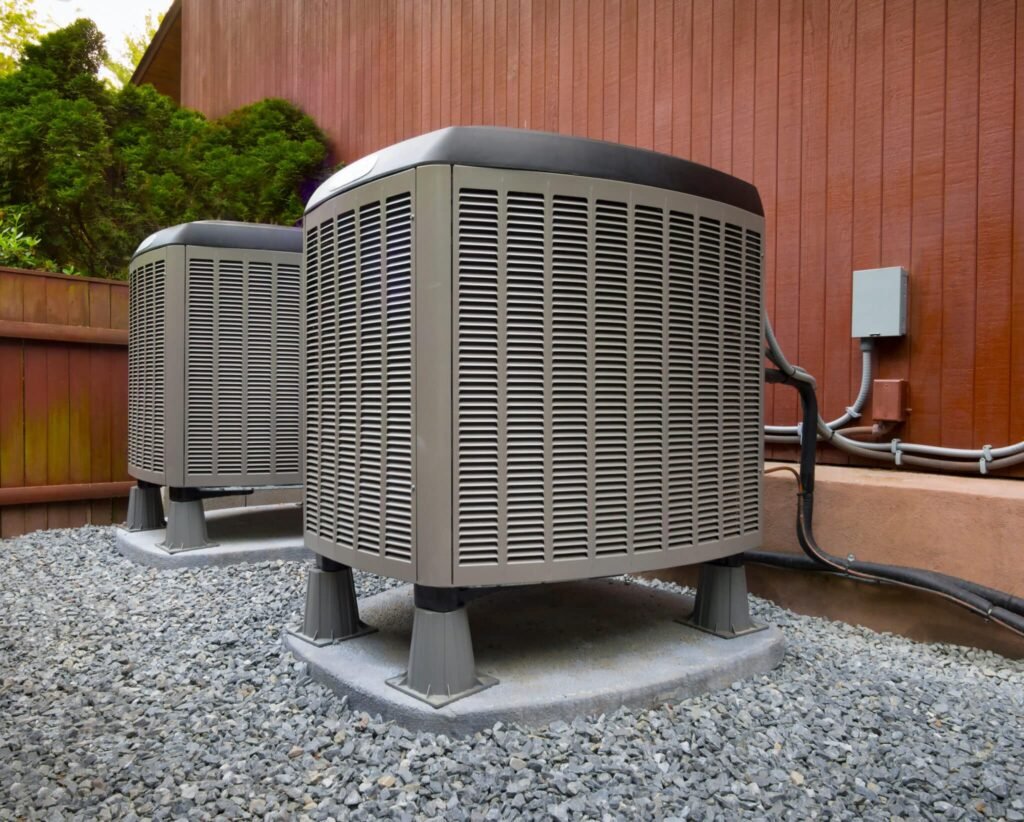
Ductless Mini-Split Systems
Overview
Ductless mini-split systems are a versatile cooling option for Texas homes, especially for those without existing ductwork. These systems consist of an outdoor compressor unit and one or more indoor air handlers, which are mounted on walls or ceilings. The outdoor and indoor units are connected by refrigerant lines, allowing for efficient cooling without the need for ducts.
Features
Ductless mini-split systems offer several notable features:
-
Personalized comfort: Each indoor unit of a ductless system can be controlled independently, allowing for personalized temperature settings in different areas of the home.
-
Zoning capabilities: Ductless systems allow for zoning, meaning you can cool specific areas while leaving others untouched. This can result in energy savings and increased comfort.
-
Easy installation: Ductless systems are relatively easy to install compared to central air conditioners since no ductwork is required. This makes them an ideal choice for older homes or spaces without existing ducts.
Pros
Ductless mini-split systems come with several advantages:
-
Energy efficiency: Ductless systems allow for zoned cooling, which reduces energy waste by only cooling the areas that need it. This can result in lower energy bills compared to central AC or other types of units.
-
Flexibility: With ductless systems, you have the freedom to place indoor units in different areas of your home, allowing for customized cooling solutions.
-
All-year use: Many ductless mini-split systems offer both cooling and heating capabilities, making them suitable for year-round comfort in Texas.
Cons
While ductless mini-split systems have many benefits, they also have some limitations:
-
Initial cost: Ductless systems can be more expensive to install upfront compared to window units or portable air conditioners.
-
Aesthetics: The indoor air handlers of a ductless system are visible within the room, which may not appeal to everyone’s aesthetic preferences. However, some brands offer sleek and inconspicuous designs.
-
Professional installation: While the installation of ductless systems is generally straightforward, it is still recommended to have a professional handle the installation to ensure proper setup and optimal performance.
Window Units
Overview
Window units are a popular and cost-effective option for cooling single rooms or small spaces in Texas. These units are designed to fit into a window opening and are self-contained, meaning they have all the necessary components in one unit.
Features
Window units offer several features that make them a convenient cooling option:
-
Easy installation: Window units are relatively easy to install since they only require fitting the unit into a window and plugging it in. This makes them suitable for renters or those who want a portable cooling solution.
-
Affordability: Window units tend to be more affordable compared to central air conditioners or ductless systems, making them an excellent choice for those on a budget.
-
Compact design: Window units are space-saving since they are installed directly in the window. This allows you to utilize your floor space more efficiently.
Pros
Window units come with several advantages:
-
Cost-effective: Window units are typically more affordable options compared to other types of AC units, making them a popular choice for those looking for a budget-friendly cooling solution.
-
Easy installation: With their simple design and installation process, window units can be easily installed without professional help. They can also be transferred from one window to another.
-
Cooling specific areas: Window units are ideal for cooling single rooms or small spaces, allowing you to direct cool air precisely where it’s needed.
Cons
While window units offer convenience and affordability, they also have some limitations:
-
Limited cooling capacity: Window units are designed for cooling small to medium-sized spaces, so they may struggle to cool larger areas effectively.
-
Obstructed view: Since window units are installed in windows, they can obstruct the outdoor view and limit the amount of natural light coming into the room.
-
Less energy efficiency: Window units tend to be less energy-efficient compared to central air conditioners or ductless systems, which can lead to higher energy bills, especially in extreme Texas heat.
Portable Air Conditioners
Overview
Portable air conditioners offer flexibility and convenience for cooling specific areas in Texas. These units consist of a single unit with wheels that can be easily moved from room to room. Portable air conditioners are self-contained and require venting through a window or wall to exhaust hot air.
Features
Portable air conditioners offer several features that make them a popular choice:
-
Mobility: Due to their portability, these units can be moved from one room to another, allowing you to cool different areas in your home as needed.
-
Easy installation: Portable air conditioners require minimal installation. They usually come with a window kit that allows you to vent the hot air outside.
-
Versatility: Many portable air conditioners also have additional features such as dehumidification or fan-only modes, making them useful year-round.
Pros
Portable air conditioners come with several advantages:
-
Mobility: The ability to move the unit around provides flexibility, allowing you to cool specific areas or bring the unit with you if you move.
-
Easy installation: Portable air conditioners are typically easy to install without the need for professional assistance. They can be set up quickly and easily in different rooms.
-
No permanent modifications: Unlike other AC units, portable air conditioners do not require any permanent modifications to your home, making them ideal for renters or those who prefer a temporary cooling solution.
Cons
While portable air conditioners offer convenience and flexibility, they do have some drawbacks:
-
Cooling capacity: Portable units are generally designed to cool small to medium-sized spaces. Large rooms or areas with high heat loads may require a more powerful unit or additional cooling sources.
-
Energy efficiency: Portable air conditioners tend to be less energy-efficient compared to central air conditioners or ductless systems. Be sure to look for models with higher energy efficiency ratings to minimize energy consumption.
-
Noise level: Portable air conditioners can be louder compared to other types of AC units due to their proximity to the living space. Consider the noise level and choose a unit with lower decibel ratings for quieter operation.
Additional Considerations
Dehumidification
Dehumidification is an important consideration in the hot Texas climate, where high humidity levels can make the heat feel more oppressive. Some AC units, like central air conditioners and ductless systems, may have integrated dehumidification capabilities that help remove excess moisture from the air, improving overall comfort and indoor air quality.
Smart Features
As technology advances, AC units are also getting smarter. Many brands now offer AC units with smart features, allowing you to control the cooling settings remotely through your smartphone or smart home devices. These smart features provide convenience and flexibility, letting you adjust the temperature or schedule cooling based on your needs and preferences.
Warranty
Before purchasing an AC unit, consider the warranty offered by the manufacturer. A comprehensive warranty can provide peace of mind, ensuring that any potential repairs or issues will be covered within a specified period. Be sure to read and understand the warranty terms and conditions to know what is covered and for how long.
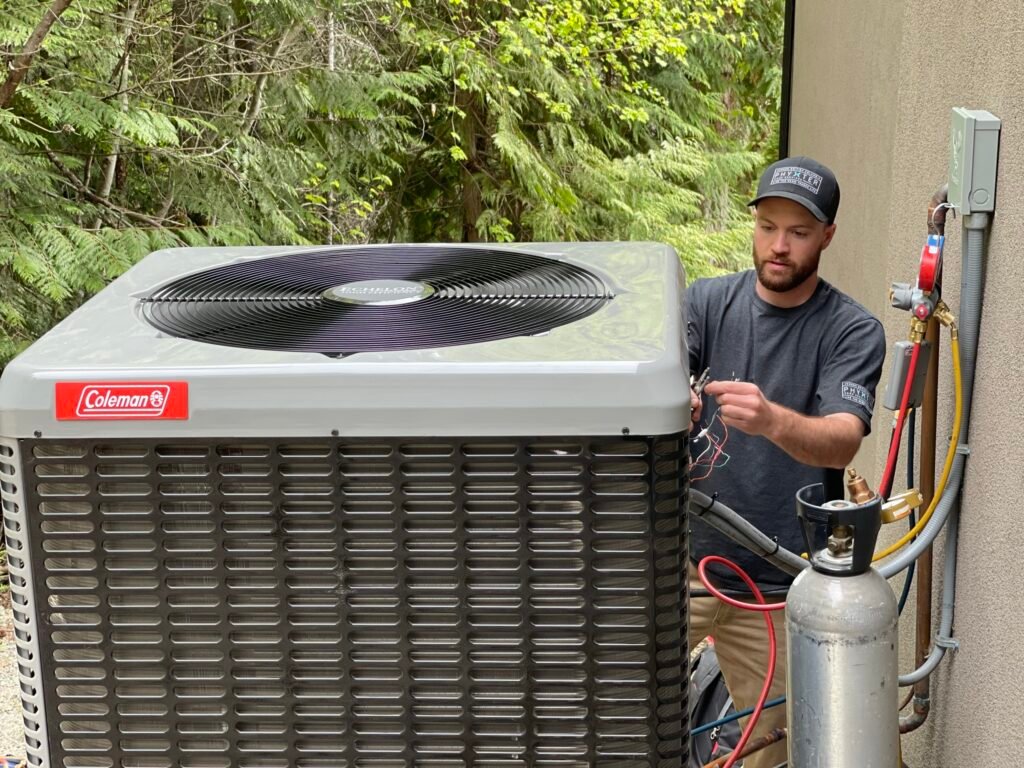
Choosing the Right Size
Calculating BTU (British Thermal Units)
To choose the right-sized AC unit, you need to consider the cooling capacity measured in BTUs. The BTU rating indicates the amount of heat an AC unit can remove from the air within a specific time. Calculating the appropriate BTU capacity for your space involves considering factors such as the size of the area, ceiling height, insulation, and heat-generating appliances.
Proper Sizing for Your Space
It’s crucial to choose an AC unit with the appropriate cooling capacity for your space. A unit that is too small will struggle to cool the area adequately, while an oversized unit may cycle on and off frequently, leading to inefficiency and increased energy consumption. It’s recommended to consult with a professional HVAC technician who can assess your space and guide you in selecting the right-sized AC unit for optimal performance and energy efficiency.
Professional Installation
Importance of Expert Installation
While some AC units, such as window units or portable air conditioners, can be installed without professional help, it’s crucial to prioritize expert installation for more complex systems like central air conditioners and ductless mini-split systems. Professional installation ensures that the unit is correctly sized, correctly connected, and properly calibrated for optimal performance and energy efficiency. It also helps prevent potential issues that may arise from incorrect installation, such as inefficient cooling, reduced lifespan, or safety hazards.
Finding Qualified Contractors
When it comes to professional installation, finding qualified contractors is essential. Look for HVAC contractors who are licensed, insured, and experienced in installing the type of AC unit you’ve chosen. It’s a good idea to seek referrals from friends, family, or neighbors who have had positive experiences with contractors in the past. Additionally, you can check online reviews and ratings to further evaluate the reputation and reliability of potential contractors.
In conclusion, choosing the best AC unit for the Texas heat involves considering factors such as the size of the area, energy efficiency, cooling capacity, maintenance requirements, and noise level. There are various types of AC units available, including central air conditioners, ductless mini-split systems, window units, and portable air conditioners. Reputable brands like Trane, Lennox, Carrier, Daikin, and Rheem offer reliable and high-performance options. It’s important to evaluate the pros and cons of each type of unit to determine which one best suits your specific needs. Additional considerations such as dehumidification, smart features, and warranty should also be taken into account. Calculating the appropriate cooling capacity and ensuring professional installation are crucial steps in maximizing the effectiveness and efficiency of your AC unit. By considering all these factors and making an informed decision, you can stay cool and comfortable during the scorching Texas heat.
